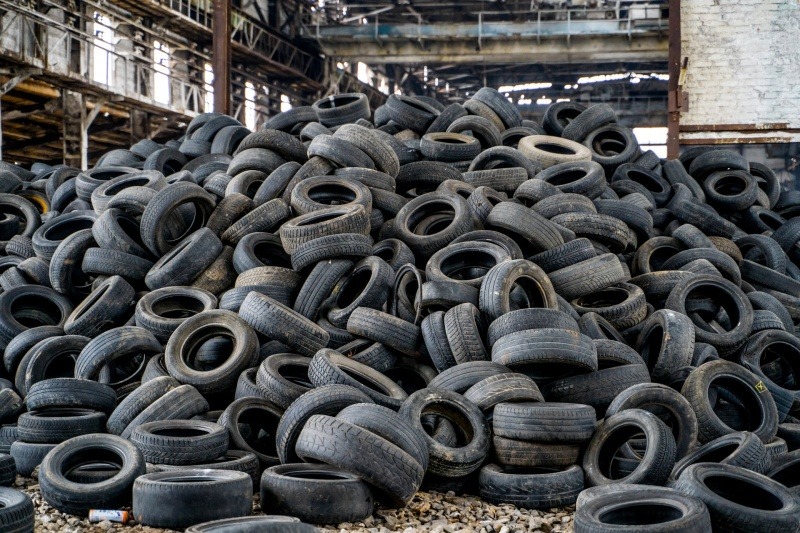TRA warns domestic tyre processors could follow plastics industry into crisis
The Tyre Recovery Association uses recent plastics plant closures as a warning that the UK tyre recycling industry could face similar crisis without urgent policy reform and market intervention.
 The Tyre Recovery Association (TRA) has warned that the UK's tyre recycling industry faces a similar collapse to the plastics sector, following recent closures of plastic reprocessing facilities across the country.
The Tyre Recovery Association (TRA) has warned that the UK's tyre recycling industry faces a similar collapse to the plastics sector, following recent closures of plastic reprocessing facilities across the country.
The warning comes as market pressures that led to closures including Biffa's £27.5 million Sunderland plant and Viridor's £317 million Avonmouth facility threaten to undermine the UK's significant but underutilised used tyre processing capacity.
The UK currently exports an estimated 1,000 tonnes of whole waste tyres daily, much of which, says the TRA, is destined for uncontrolled and often illegal processing abroad. With legitimate tyre processors facing an increasingly hostile operating environment, the trade body continues to call for government action to reform legislation.
Peter Taylor OBE, Secretary General of the TRA, said: "The recent news of major plastics recycling plants closing is a canary in the coal mine for the wider UK recycling industry. As one of Biffa's senior managers rightly said, these sites are closing because there isn't a level playing field. That is exactly the same problem our sector faces."
The plastics industry has experienced unprecedented closures across Europe, with the total capacity of facilities shutting down in 2024 doubling compared to 2023. Plastics Recyclers Europe recently warned that the plastics recycling industry on the continent was on the edge of ‘imminent collapse’.
Road to Reform plan
Following the Environment Agency's publication of their inquiry into waste tyre exports, the TRA has published the Road to Reform, a five-step plan setting out measures to implement the inquiry's findings.
The plan includes strengthening the Annex VII process for enhanced verification, increasing responsibility on shipping lines carrying waste exports, and introducing geo-tagging with EA active management of paperwork processes. The TRA has offered to meet the Environment Agency to provide further assistance, with the agency stating its commitment to working with industry stakeholders to introduce reforms.
Taylor continued: "Our 'Road to Reform' action plan, submitted to the Environment Agency, provides a clear, five-step path to enhance verification and better enforce existing regulations. We are keen to meet with them at the earliest opportunity to discuss the plan and see the overdue reforms come into effect."
The TRA continues advocating for implementing a shred only policy for waste tyre exports, a successful policy already introduced in Australia. Defra's announcement at the start of summer to end the T8 exemption represents a significant step forward, though it has yet to come into effect.
Industry capacity at risk
The TRA argues that the UK has at least 150,000 tonnes of idle shredding capacity within domestic tyre processing facilities, which could be better utilised if whole tyre exports were restricted.
This underutilised capacity occurs whilst UK figures reveal approximately 300,000 tonnes of end-of-life tyres are exported annually, with much of this material destined for countries where processing standards may not meet UK environmental requirements.
Taylor added: "We are sleepwalking into a crisis where UK jobs and domestic capacity are sacrificed for the sake of cheap exports of our environmental problems. The government must take the action the Waste Minister promised to stop the export of our environmental responsibilities. We must see that action before the same fate that has befallen the plastics industry hits our members."
The Environment Agency said it is committed to working with industry stakeholders to introduce reforms, with a review of waste tyre exports currently underway following the BBC File on 4 documentary investigation highlighting the issues.






